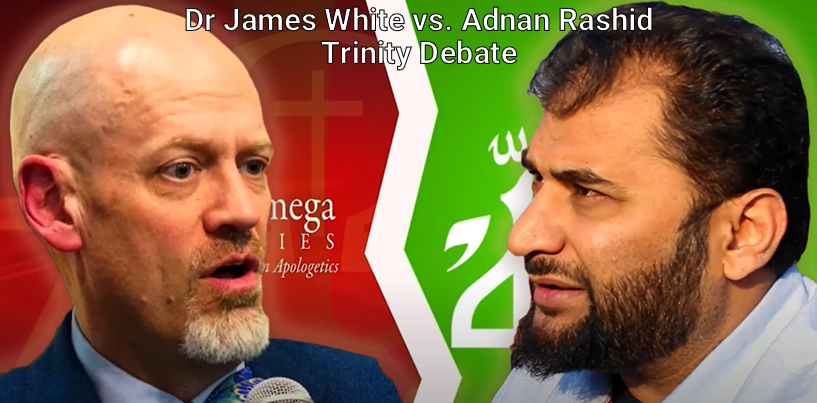When you think of the word “citizenship” what first comes to mind for you I wonder? It was likely just where you were born or where you now live? If you’ve immigrated from one country to another your citizenship may mean far more to you than it does to others. I’ve interviewed people who’ve fled oppressive regimes and taken up sanctuary in the US from many places.
The Apostle Paul (Saul of Tarsus) wrote 13 of the Bible’s 27 New Testament letters. He was a fascinating man. God chose him for a very tough but stunning role in human history. Paul spoke several languages fluently, traveled thousands of miles by land and sea, had a love and tenacity no one could take away even with rods, and was a certifiable genius in his thinking. His name in Hebrew (the changing language of his ancient people in his day) was Saul. He never changed his name, but where he ministered (to Gentile peoples) is why we Gentiles know him mainly as Paul. My first name’s Joseph. If I ministered just 50 miles south of where I currently live in El Paso, Texas they’d call me Jose. Same with Saul known as Paul. Paul was born in a Roman province called Tarsus. The city was annexed long before Paul’s birth and its people were proud to have Roman citizenship status from birth. The citizens of Tarsus would have enjoyed Roman privileges throughout the Roman world. This came of use to Paul in his missionary travels. Cf. Acts 16:31-40.
Christianity talks about a citizenship regarding the Faith. Knowing it is in many ways a basis for giving thanks for what God has done for them. When Jesus makes someone his own, they’re literally moved from one citizenship to another. From earth to heaven. It doesn’t matter where they’re from on earth, their citizenship becomes heaven in what Scripture calls the “new birth.” They then hold dual citizenship. Paul wrote and inspired letter to a city named Philippi. It too had Tarsus’ Roman citizenship status. It was named after Philip of Macedonia, Alexander the Great’s father. Paul writes to the Christians in a town that boasted of its Roman citizenship: “For our citizenship is in heaven, from which also we eagerly wait for a Savior, the Lord Jesus Christ.” Philippians 3:20. This would have communicated a strong reality to the Christians in Philippi. It still communicates it to Christians today. Understanding this is the essence of the phrase many Christians know that we are to be, “In the world, but not of the world.” Christians alone are legally, by the Cross, no longer under the jurisdiction of sin; they’re now under the jurisdiction of grace. It’s forensic. We sing about this all the time who understand it.
For me, though I know that many holidays (rightly) import many cultural meanings over the years, thanksgiving is about thanking God for my salvation. Not just for pilgrims in the US, but that I’m a pilgrim still. Not just for turkey and stuffing, but that I’m alive. Thanking God for citizenship status in heaven is what Thanksgiving’s ultimately all about. I have dual citizenship. Thank God!
What are you giving thanks for this year? Despite this fallen world’s evil there are so very many things to give thanks for. I hope your Thanksgiving is surrounded by generations of your family! I hope you’re healthy! I hope you have to wear your elastic pants and that you give thanks that an ACFT is months away! May God richly bless you and yours throughout Thanksgiving, Christmas, and New Years.
This year, as it’s been in my life for nearly 20 years now, I give God thanks for things that nothing can take away. My citizenship can’t be taken away by my own sin, by time, demons, thieves, taxes, or even death itself. It is irrevocable. Cf. 1 Peter 1:4.
Happy Thanksgiving!








